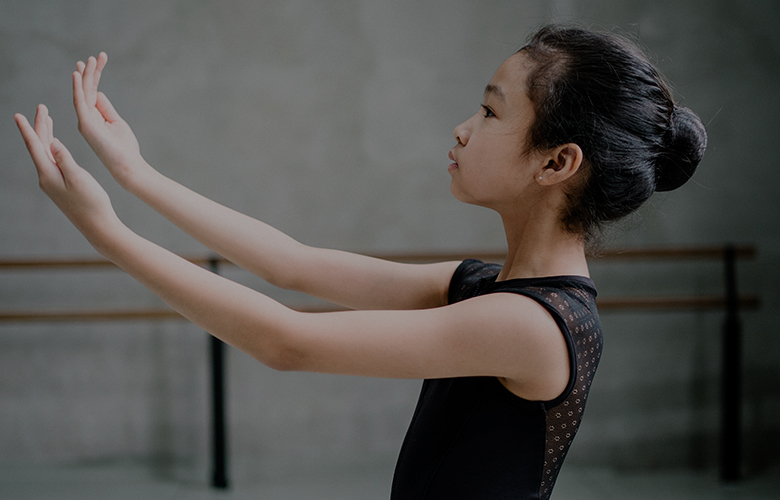
The role of learning and participation in theatre is vital. It develops relationships with the local community outside of the traditional theatre setting. The role of learning and participation teams in a theatre is instrumental in the civic role that theatres across the world play.
In a previous article I shared an insight of how being a member of a youth theatre had a profound impact on my life. The role of a youth theatre is multifaceted. At its core it can help promote self-confidence, team-work and leadership skills. It can develop acting, improvisation, devising and directing skills in a safe and understanding environment. Youth theatre’s offer an excellent insight into theatre-making and offers opportunities to perform on stage and at festivals to help nurture the next generation of theatre makers. Without offering a safe space in which to develop we run the risk of not being able to have a future generation of artists. Youth Theatre is a pivotal arm of theatre’s learning and participation offering.
The most visible display of theatre is often to be found on the stage. You go to a theatre and you watch a show, you may browse the latest programme of events and decide to book another show. However working in conjunction with this is a programme of workshops, classes and courses that engage the local community.
These range from school based activities or after-school clubs to wellbeing classes and Memory Cafes. The breadth of activity is a demonstration of how vital the work is. During the Covid-19 pandemic these sessions have become a vital connection for people. An example of this is Contactless Creativity by the Corn Exchange Newbury, an engagement project that brought together artists who created packs of creative activities that were delivered to people who were shielding due to the pandemic. You can find out more about the project here.
The commitment and dedication of everyone involved in these kinds of activities is astonishing. The kindness and caring attitudes shown is a testament to the dedication with which they want to give to the local communities.
The power of a performance can often lead to a willingness to find out more about the production. Whether that is who the cast members were, the inspiration for the story or possibly booking tickets to see another show by the same company. The role of helping to facilitate that is incredibly important. This can be done a number of different ways such as a post-show talk with the actors and creatives, Q&A interviews that can be shared on social media, a walk through tour of the buildings. These all add to the relationships we have with venues. I have always found Q&A’s with artists and companies incredibly useful to find out more about the approach they have taken to creating work and what was the inspiration behind the work.
Fostering and maintaining relationships with artists and companies is crucial. Maintaining those relationships ensures the exchange of ideas that can lead to future shows and maintaining a strong artistic profile. Another aspect to these relationships is to help create engagement projects with the local community. You may see a show by a company or artist in a theatre but you may also have the opportunity to see them leading a workshop or course.
The role of learning and participation is vital to theatre. It is vital because it showcases theatre’s immense power to serve the communities it represents. You might think that theatre’s natural role is on the stage and that is true but the work that is done in the community not only helps to nurture the next generation of artists and theatre makers but connects, inspires and engages with communities outside of the physical theatre buildings.
What Makes Theatre So Special?
How We’ve Made Performances During Covid-19



Experienced Theatre professional with a demonstrated history of working in the performing arts industry. Skilled in marketing, event management, presenting, workshop leading and working with young people.
Read Full Profile© 2021 TheatreArtLife. All rights reserved.

Thank you so much for reading, but you have now reached your free article limit for this month.
Our contributors are currently writing more articles for you to enjoy.
To keep reading, all you have to do is become a subscriber and then you can read unlimited articles anytime.
Your investment will help us continue to ignite connections across the globe in live entertainment and build this community for industry professionals.